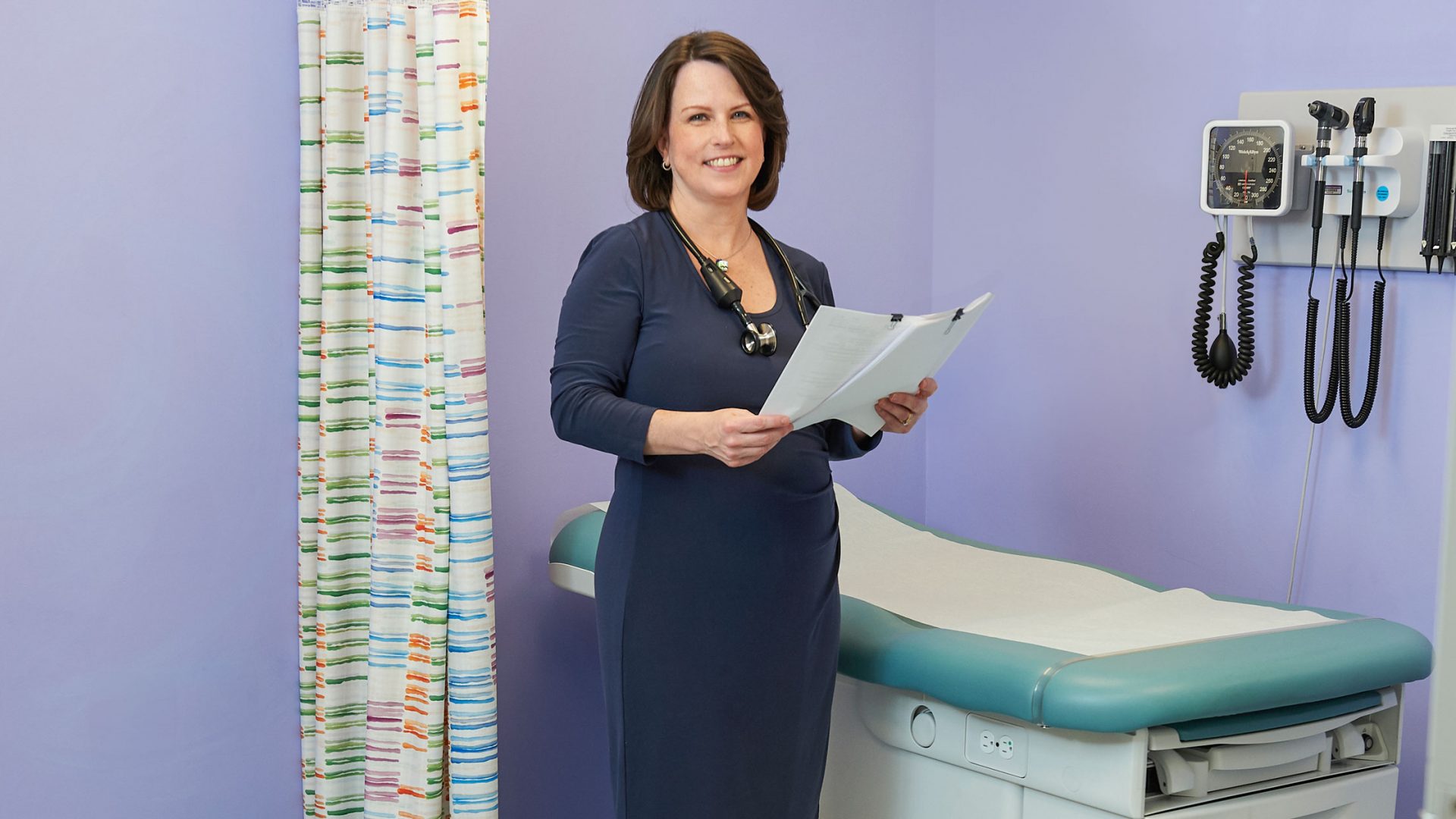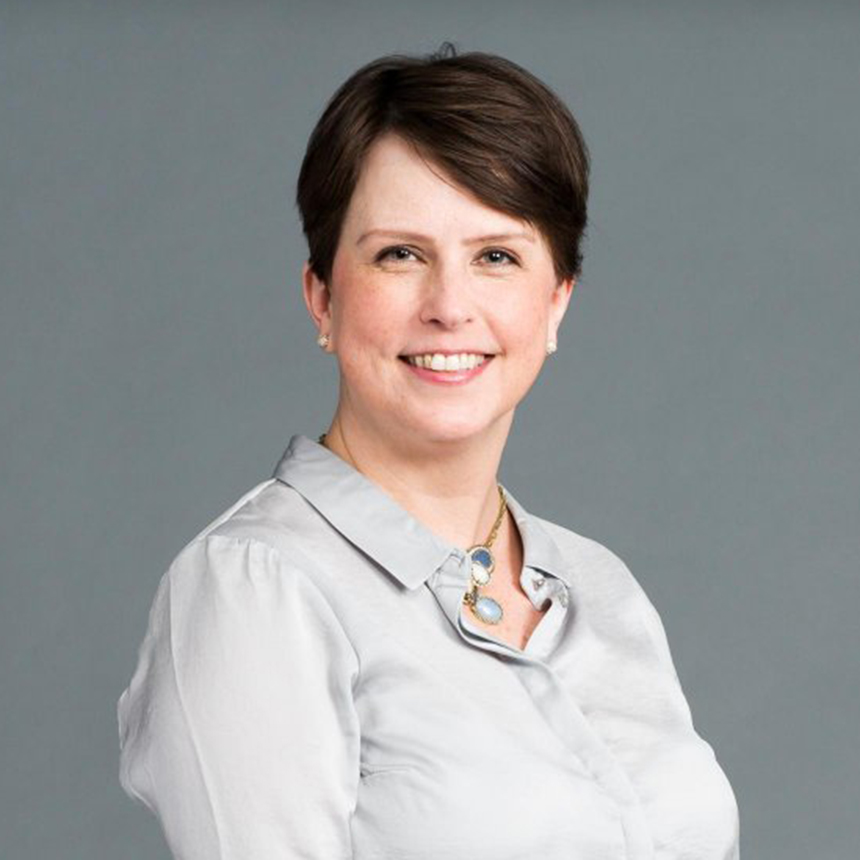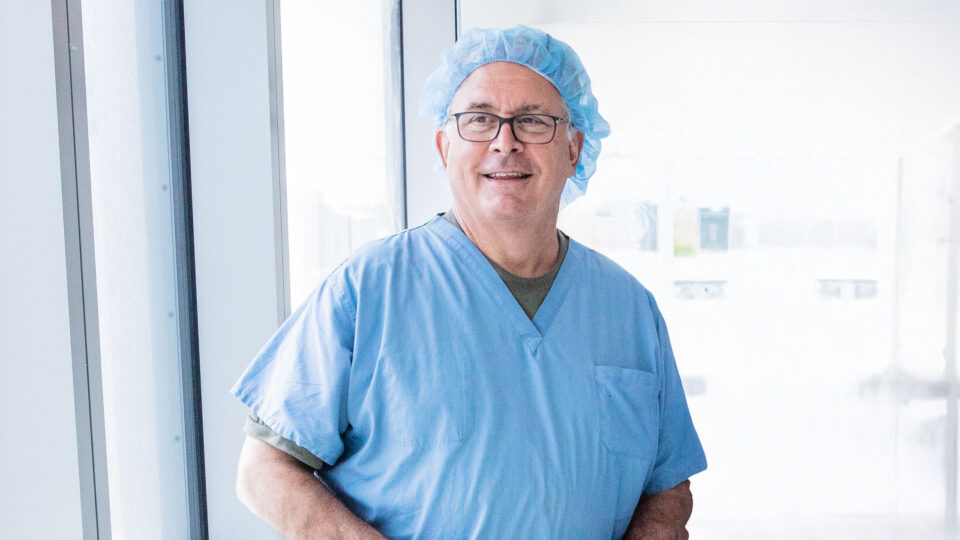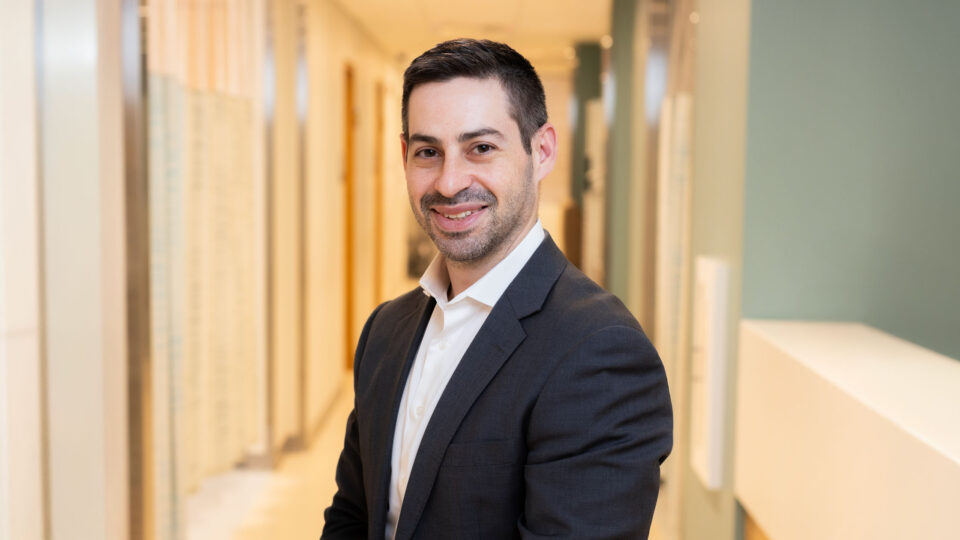NYU Langone Health physicians and researchers are taking a leading role in training other providers nationwide after their success in a national project focused on developing an improved model for integrated pediatric emotional care.
The national initiative began in 2017 when Hassenfeld Children’s Hospital at NYU Langone joined eight other children’s hospitals in a pilot backed by the American Board of Pediatrics Foundation. Families of children living with chronic conditions had asked the board to develop a plan to correct shortfalls in addressing their emotional health needs.
An interdisciplinary collaboration between the Pediatric Diabetes Center, part of Hassenfeld Children’s Hospital, and the Department of Child and Adolescent Psychiatry, with key assistance from Sala Institute for Child and Family Centered Care, yielded a quality improvement project that has since become a go-to model.
“Ninety percent of the time the intervention that was needed and used was just listening and being there with the family.”
Mary Pat Gallagher, MD
“Out of the nine children’s hospitals, we seemed to have had the most traction, which is a testament to Sala Institute and the embedding of behavioral health specialists here in our outpatient space, which many other hospitals just don’t have,” says pediatric endocrinologist Mary Pat Gallagher, MD.
An Expanding Scope
Based on their pilot project in the Pediatric Diabetes Center, the researchers have since expanded the quality improvement initiative to include ambulatory care in the Division of Pediatric Allergy and Immunology and Section of Pediatric Neuro-Oncology.
“An important lesson we have been able to share with other children’s hospitals around the country is that the inclusion of emotional health in the medical visit can be successful in different settings by incorporating it in ways tailored to individual practices,” Dr. Gallagher says. “It may look very different in each space.”
“The inclusion of emotional health in the medical visit can be successful in different settings by incorporating it in ways tailored to individual practices.”
The national initiative is now called the Roadmap to Resilience, Emotional, and Mental Health. Dr. Gallagher and Becky Lois, PhD, co-director of the KiDS of NYU Foundation Integrated Behavioral Health Program, have given lectures and led training seminars for the pediatrics board to share their findings with other institutions.
Project leaders have adopted several metrics to measure improvements in their state of readiness. “The last one and hardest to achieve as a children’s hospital was creating a protocol to address behavioral emergencies experienced by parents because provision of care to an adult is not how a children’s hospital is designed,” Dr. Gallagher says. Thanks to the initiative, the Pediatric Diabetes Center has developed a carefully considered plan for how to care for an adult having an emotional crisis.
Dr. Gallagher credits Sala Institute for contributing to the project’s success through developing educational materials, providing funding and offering the institute’s unique expertise in pediatric program quality improvement.
Consistency with a New Step
To address concerns that providers may lack the time, skills, or resources to address their patients’ emotional health, the project’s integrated behavioral health team is helping to hone skillsets and best practices.
“We are not asking pediatric providers to be mental health professionals.”
“Ninety percent of the time when we were piloting the Roadmap Initiative at the Pediatric Diabetes Center, the intervention that was needed and used was just listening and being there with the family,” Dr. Gallagher says. “We are not asking pediatric providers to be mental health professionals, but we are trying to make sure that we address the emotional and mental health of every child and caregiver at every visit.”
Dr. Gallagher recognizes the challenge of consistently implementing these practices given all of the competing demands on providers. “It’s like trying to take a dance that you have perfected over 20 years and add a step in the middle of it,” she says. The step isn’t necessarily difficult, she adds, but it is new and requires a cognitive shift.
“Sometimes we just get so busy,” Dr. Gallagher says. “I stop myself outside the door before appointments, take 10 seconds and a deep breath, and remind myself that this could be me on the other side of the door, this person and their child. I go in with that in mind: person first.”






